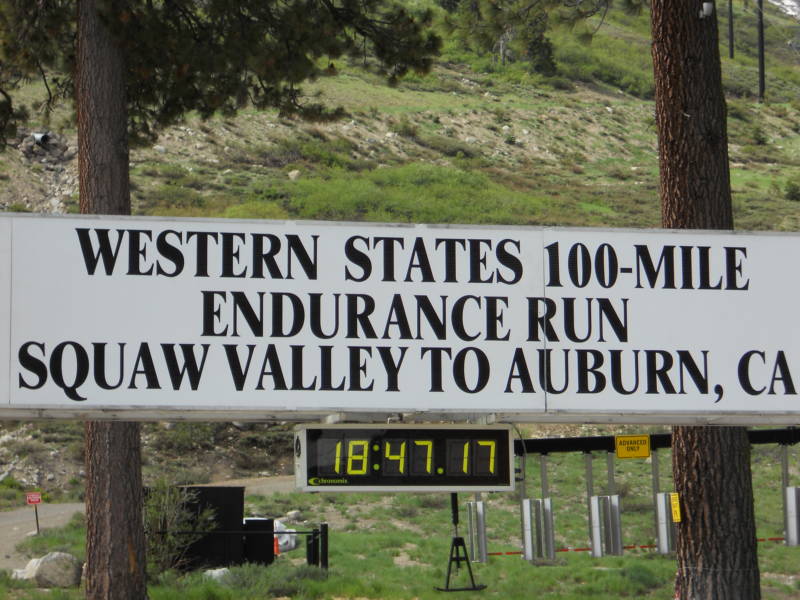Here are the morning’s top stories on Friday, June 28, 2024:
- A woman from Michigan will become the first hijab-wearing athlete to attempt the oldest 100-mile ultramarathon in the country, right here in California. While the race is considered one of the most prestigious in the running world, it’s also one of the most exclusive.
- The city of Palm Springs has began a “Historical Context Study” with an outside consultant group that will investigate the city-funded demolition of Section 14, a predominantly Latino and Black neighborhood, 60 years ago. It’s the latest move from the city to try to reach a deal with the Section 14 survivors and descendants.
- The program allowing Californians to borrow a state parks pass from their local library has received funding for another year. The program started in 2021 as a way to make access to state parks easier for Californians who might not be willing or able to pay 195 dollars for an annual pass. But when the state’s draft budget was announced in January, its funding was cut.
Hebah Hefzy is the First Hijab-Wearing Athlete to Attempt the Country’s Oldest Ultramarathon
Hefzy is a practicing Muslim and she races while wearing a hijab… and when she’s not training, she works as a neurologist and raises her three children.
She started running after being inspired by her patients and since then she’s raced in all the major world marathons and completed in multiple ultramarathons, making her eligible for a coveted entry spot at this year’s Western States Endurance Run…
The race starts in the town of Olympic Valley near Lake Tahoe and finishes in Auburn. Over the hundred miles runners climb and descend a cumulative 20000 feet and must finish within 30 hours.
Program Providing State Parks Passes at the Public Library Receives Funding for Another Year.
The program started in 2021 as a way to make access to state parks easier for Californians who might not be willing or able to pay 195 dollars for an annual pass. But when the state’s draft budget was announced in January, its funding was cut.
In the following months, legislators received over 5,000 emails from advocates pleading the program’s case. Their efforts were successful: The program will now be funded thru 2025.
